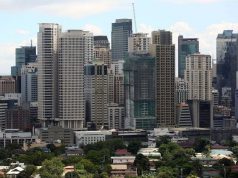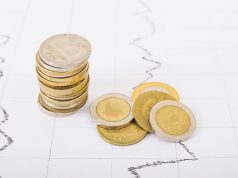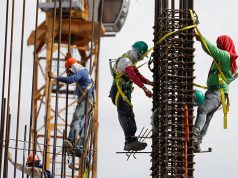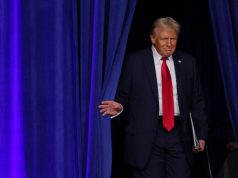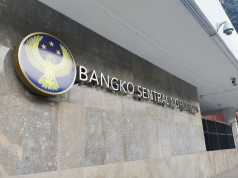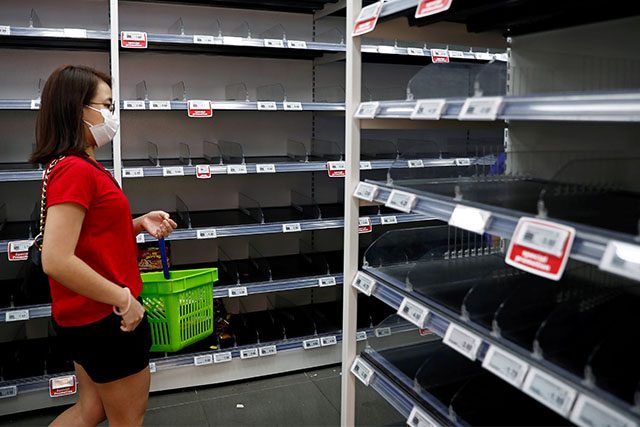
BOSTON/WASHINGTON — The coronavirus that spread from a seafood market in Wuhan, China to infect tens of thousands has shuttered businesses, grounded flights and killed over 1,000 people so far, mostly in China.
As the world’s second-largest economy struggles to get back to work after an extended Lunar New Year holiday, analysts and bankers have been revisiting their estimates of the economic impact of the virus.
Most believe China faces a short but sharper economic shock than originally thought, one that will be felt around the world. Expectations of how harsh the impact will vary widely, however.
Health professionals and economists say opaque Chinese data and lack of precedent hinder clear estimates.
China’s gross domestic product growth in the first quarter could fall to as low as 4%, Nicholas R. Lardy, senior fellow at the Peterson Institute for International Economics, estimated on Tuesday.
That compares to Chinese government estimates of 6% annual growth before the virus emerged.
However, if the number of confirmed new coronavirus cases continues to decline, then the adverse effect on annual growth will be much smaller, he added.
Analysts from S&P, meanwhile, estimated Tuesday that the virus could lower China’s GDP growth to 5.0% this year, with a peak effect in the first quarter before a rebound begins in the third quarter.
“The numbers are very imperfect, and that’s the basic reason behind the wide range of estimates,” said Lardy. “Everyone is guessing.”
Many economists and analysts are looking closely at the historical precedent from the SARS virus spread in 2003.
But when SARS struck, China’s contribution to global GDP was just 4%, compared with 15% in 2017, and Chinese companies were much less integrated into global supply chains.
Any forecasts are also complicated by the fact that Beijing has a history of closely managing China’s economy to hit specific targets, and there were already doubts about whether China’s economy could reach a 6% growth this year.
Further, much remains unknown about the coronavirus, including its exact incubation period and the effectiveness of China’s quarantine measures, Catherine Troisi, a University of Texas public health specialist, said Tuesday during a National Association for Business Economics call on the virus’s economic impact.
The authoritarian nature of China’s government could also hinder the response by making officials afraid to report problems, she said, adding the latest update of around 43,000 infections is likely an undercount.
“It’s a culture that shoots the messenger. Because of the bureaucracy, local officials are afraid to say anything,” she said.
Headwinds from the virus could knock 40 to 50 basis points off expected U.S. economic growth of up to 2.4% per quarter for 2020, said Constance Hunter, KPMG Chief Economist and president of NABE, also speaking during the call.
Hunter, however, cautioned that could change if infection and death rates spike up. The virus could shave a percentage point off China’s revised growth rate of 5% for the first half of the year, she said.
Jay Bryson, acting Chief Economist for Wells Fargo & Co, said on the call that while some U.S. industries including air travel and electronics could be affected by a Chinese economic slowdown stemming from the epidemic, trade with China still accounts for a small part of the overall economy.
“We wouldn’t say this is going to bring the U.S. economy to its knees,” he said. “Americans are pretty resilient when it comes to consumer spending,” especially on services.
Supply chain disruptions “would have to occur for a while to have a meaningful impact,” he said.
It is unclear whether the coronavirus will prove more or less deadly than other similar outbreaks, Troisi added. “I’m not a fortune teller,” she said.
— Reporting by Ross Kerber in Boston and Heather Timmons in Washington; Editing by Rosalba O’Brien




